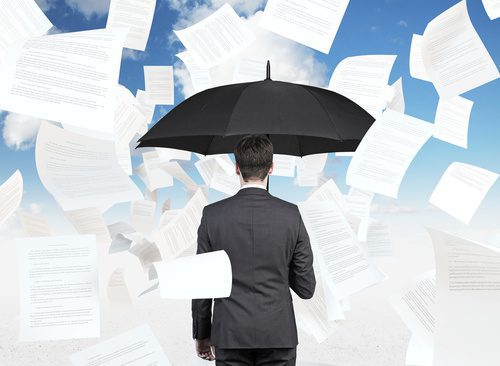Four point six million tons – that’s how much paper is consumed in U.S. offices annually (The Better Paper Project). Even as e-documents have grown in popularity and usage, paper consumption has not diminished, actually increasing year over year.
There are reasons paper persists. One reason is the resistance to change. Paper is a deeply entrenched technology. For certain vital documents – your baby’s footprint or your business’s first dollar – people are simply more comfortable with paper copies. Another reason is human neurology: A recent study showed that people retained information longer, gave it greater credibility, and had a deeper emotional reaction to information presented on paper.
Nevertheless, paper has some notable costs. Aside from the purchase price of paper, there’s $122 in added costs every time a document is lost. One day per week is spent, on average, managing paper instead of generating revenue.
Beyond the cost of lost productivity, there’s the real estate cost associated with filing all that paper. Unless you’ve condensed your document storage in a space-efficient high density storage system, your organization’s filing cabinets are keeping a lot of money tied up in non-productive office space.
When you compare the cost of working with paper documents vs. the cost of working with scanned documents, the advantage of converting to digital document management becomes clear. Retrieval of digital documents takes seconds, not minutes, and thousands of digital documents can be stored on a pocket-size drive. With size and speed on your side, your enterprise operates with improved efficiency and profitability.
Often overlooked is the extra benefit of sustainability. The pulp and paper industry is the third largest polluter in North America, as reported by The Paperless Project. Converting to digital documents boosts your green quotient and gives your brand a positive story to share.
Document conversion isn’t an all-or-nothing decision. There’s a place for paper documents (preferably in a high density shelving system), but given the cost of paper dependency, converting your paper documents to digital format is simply good business sense. Work with an experienced conversion consultant, and you can enjoy the benefits of digital document management.
Photo © denisismagilov/Fotolia.com


Recent Comments